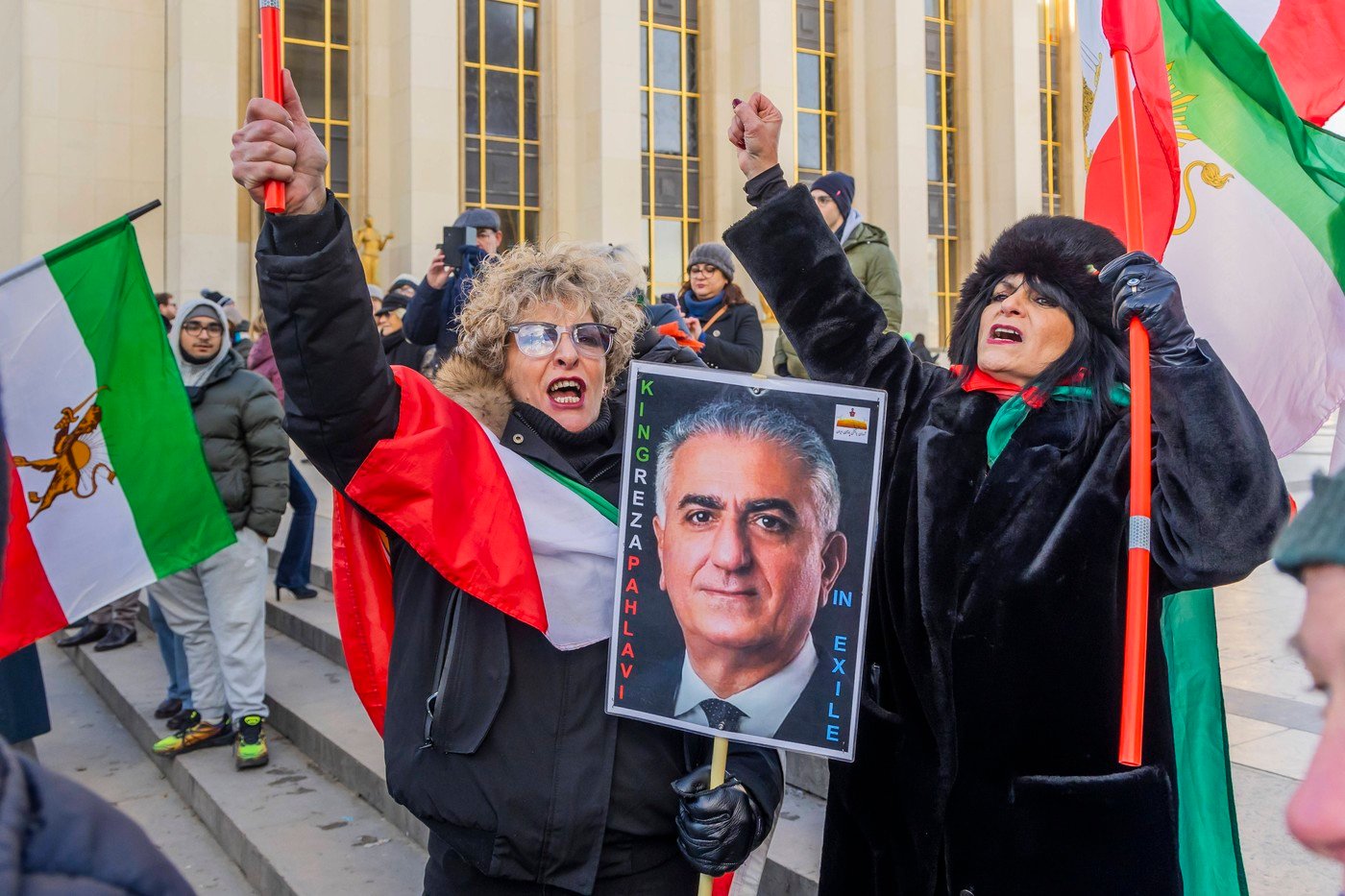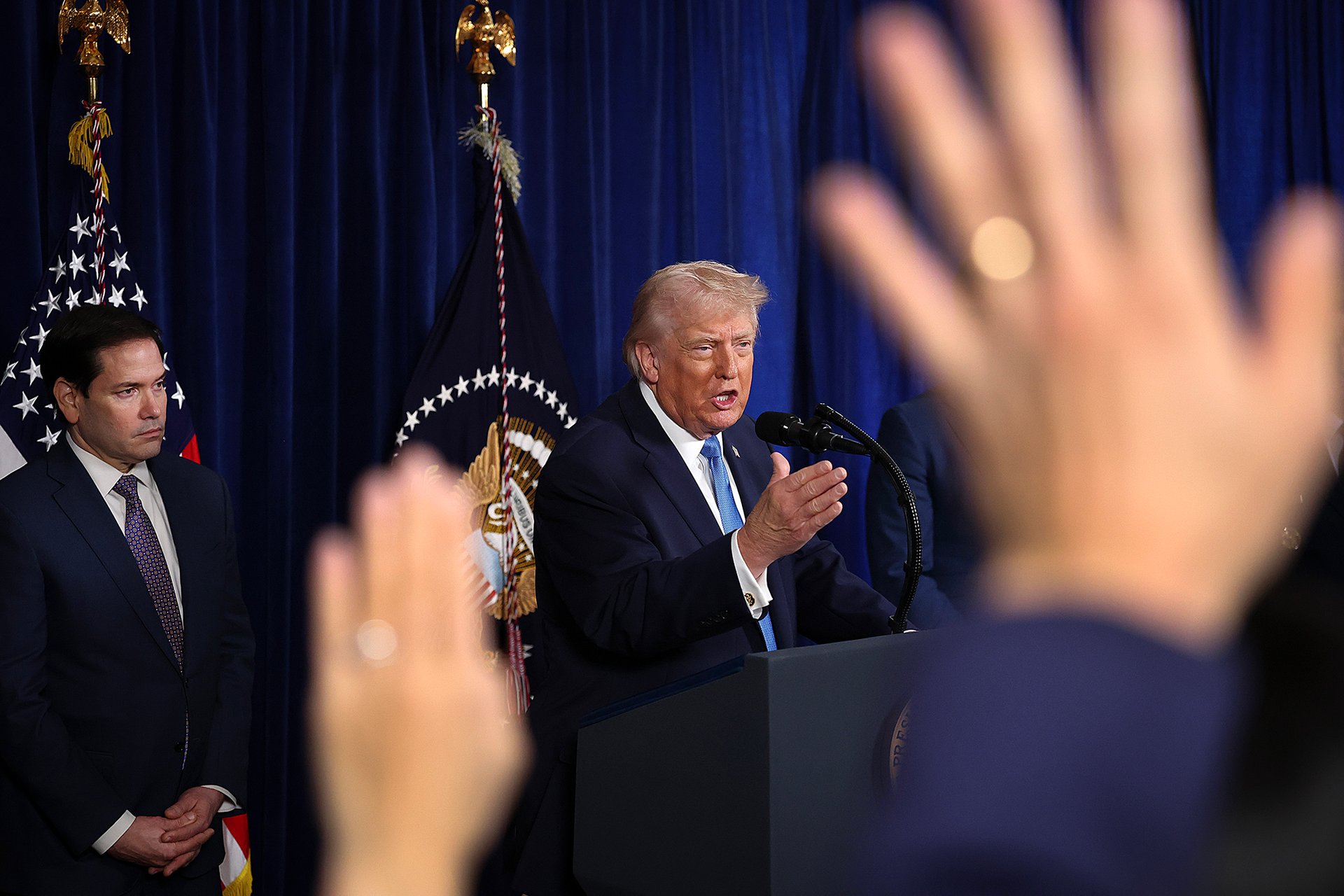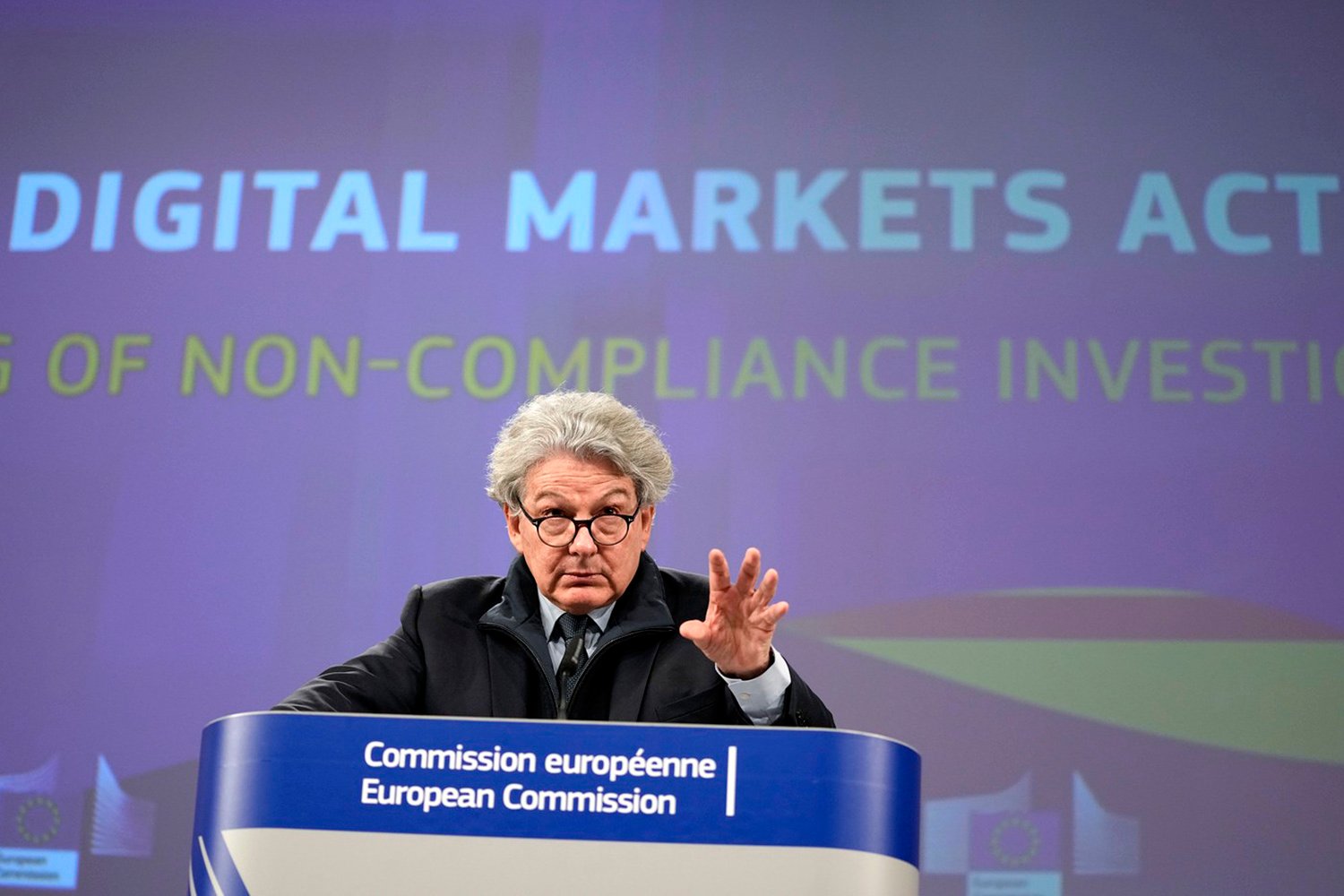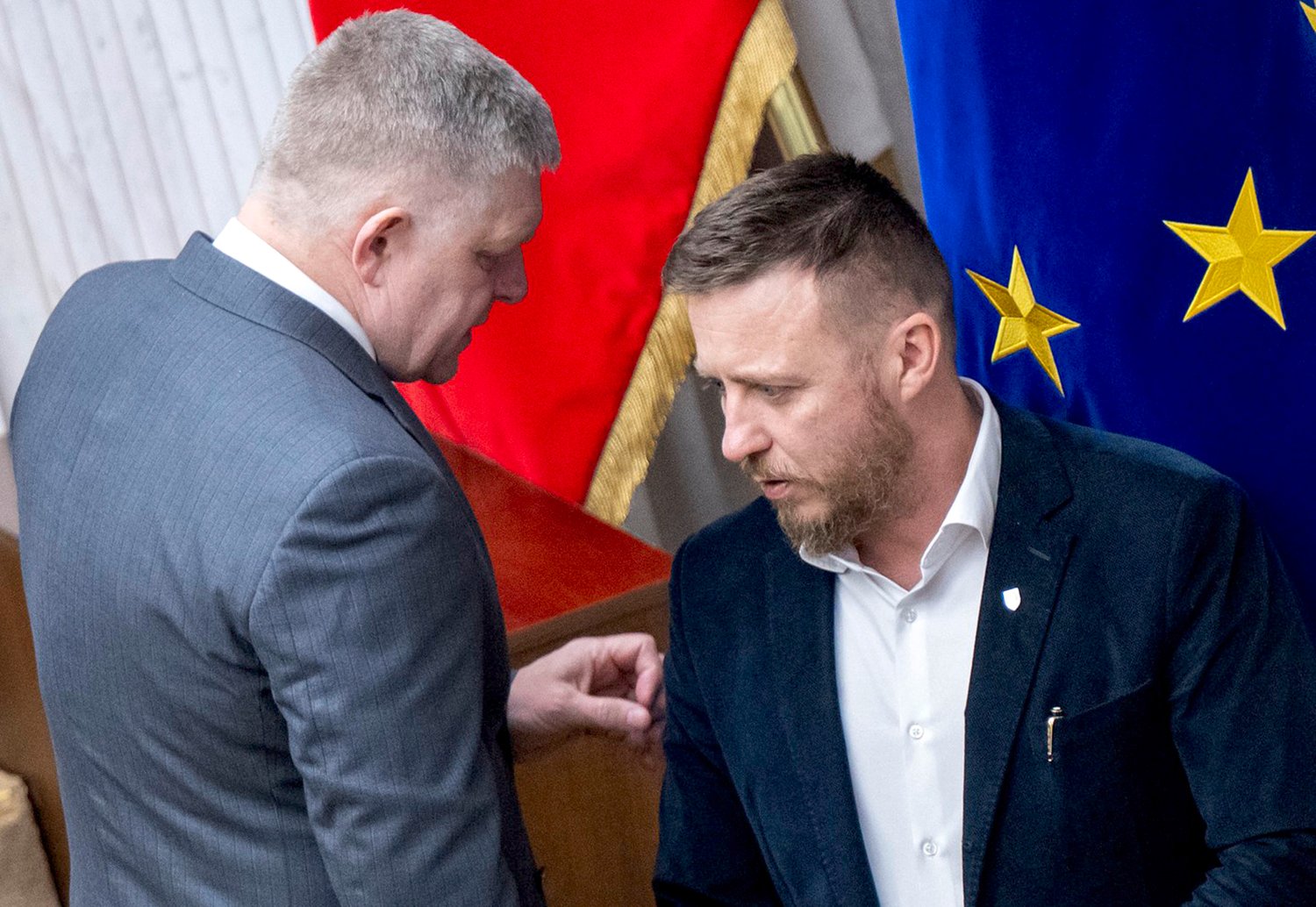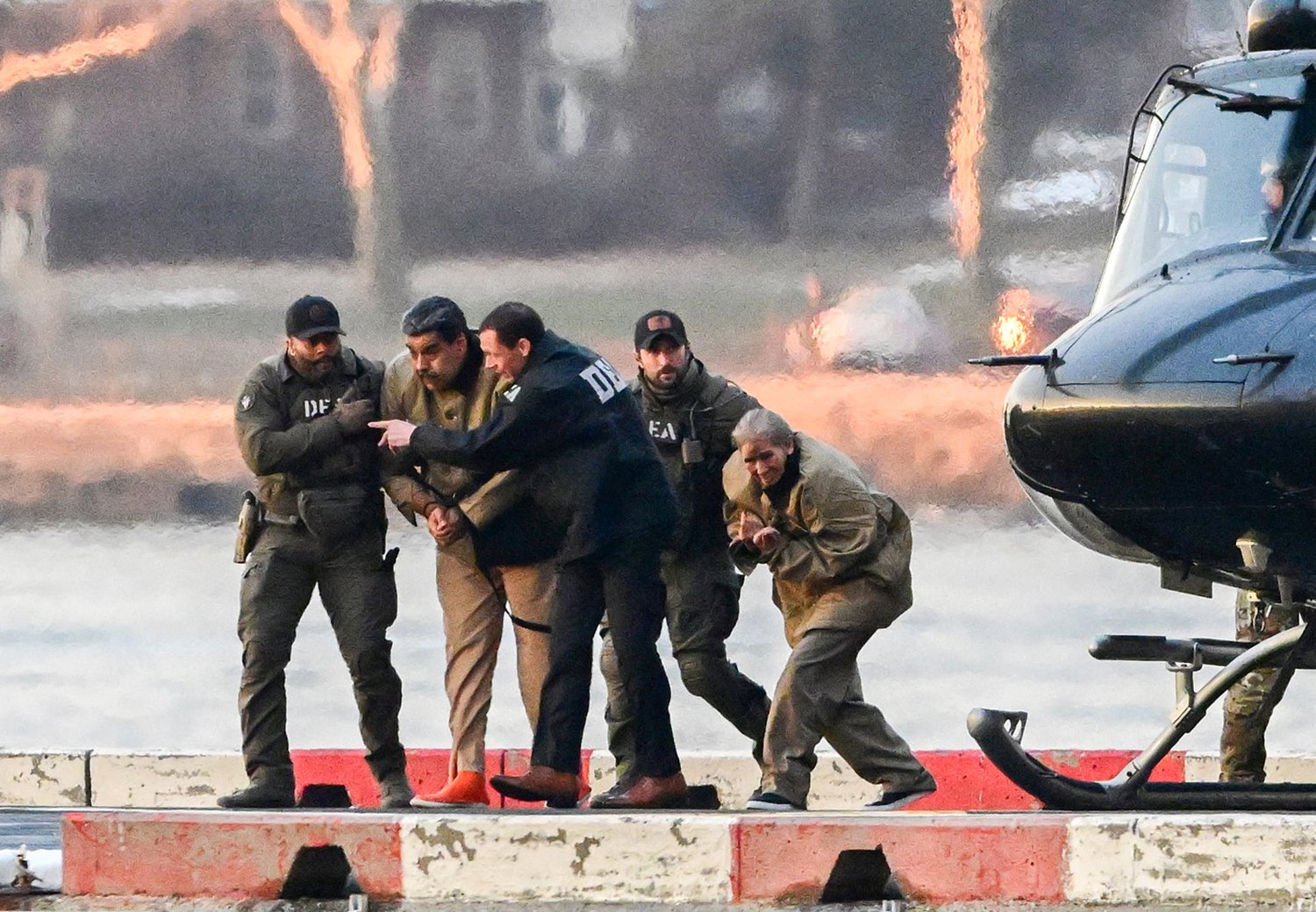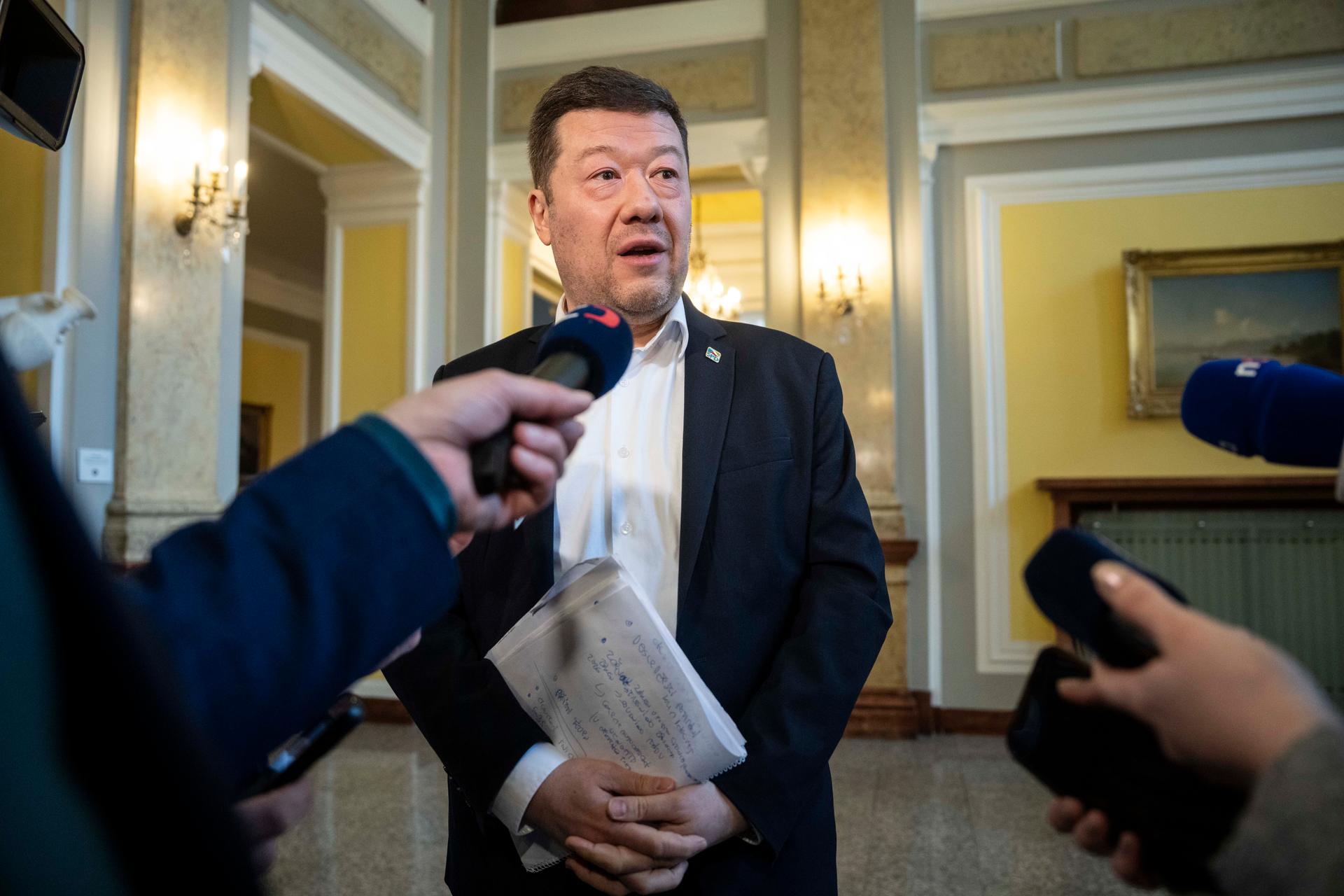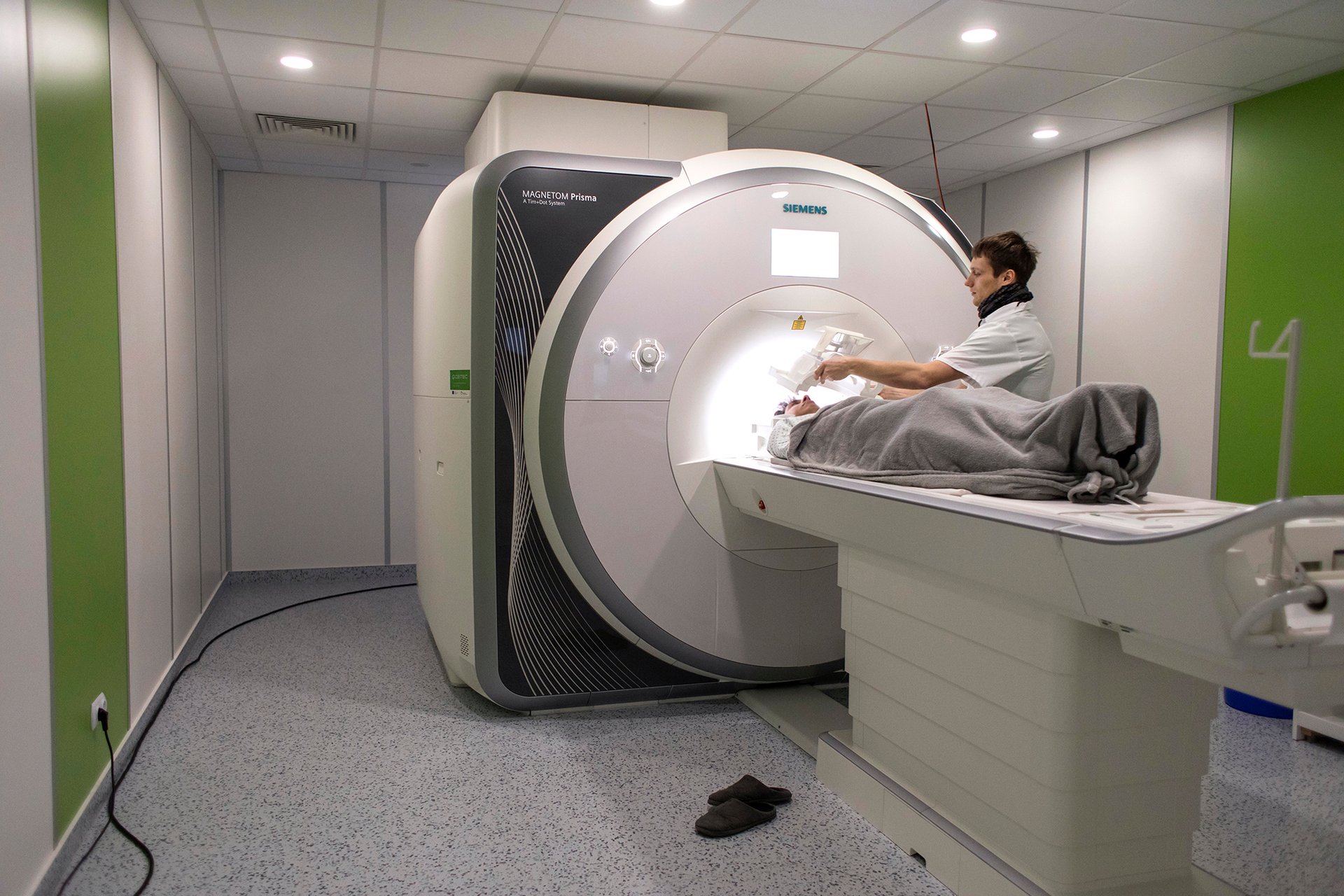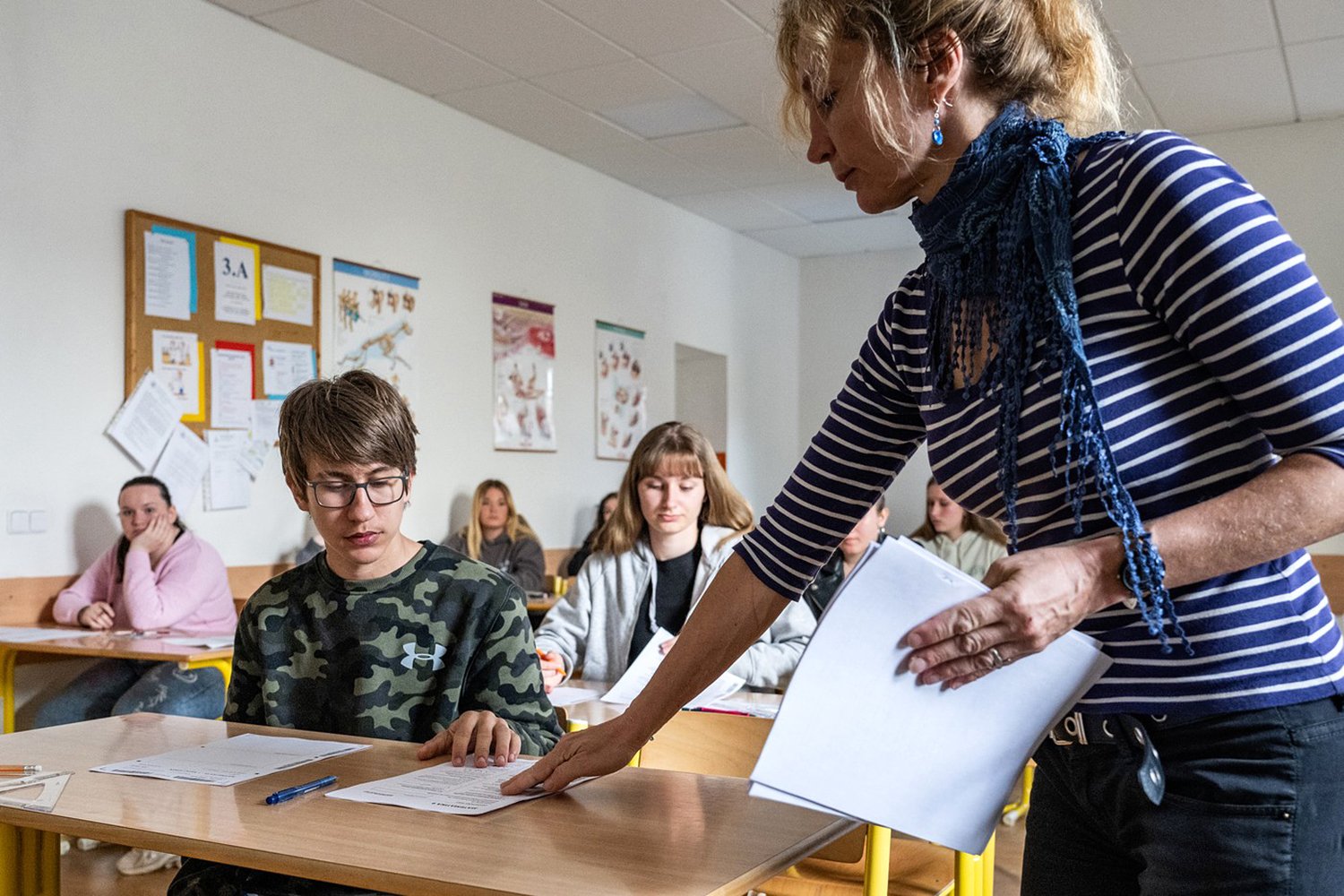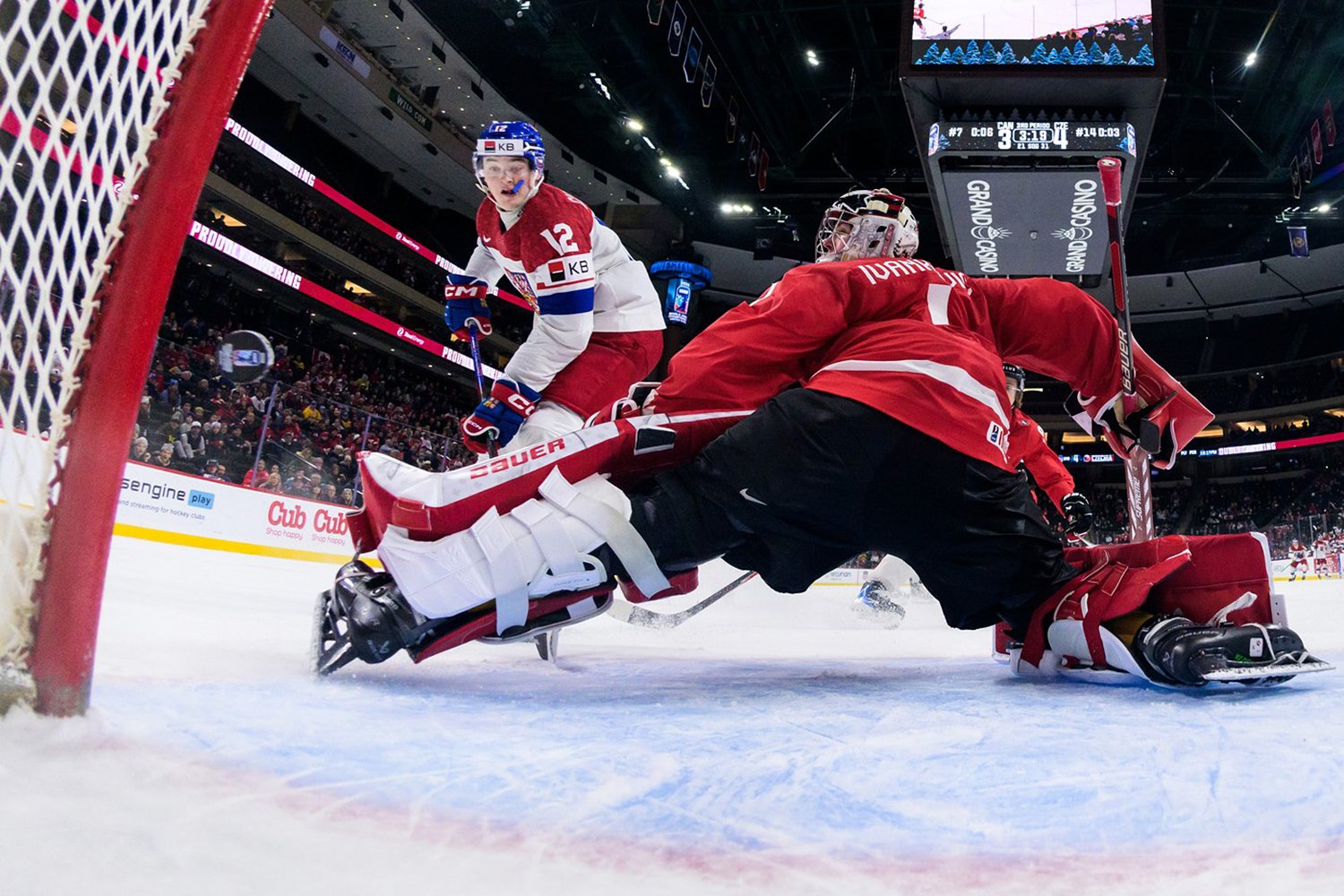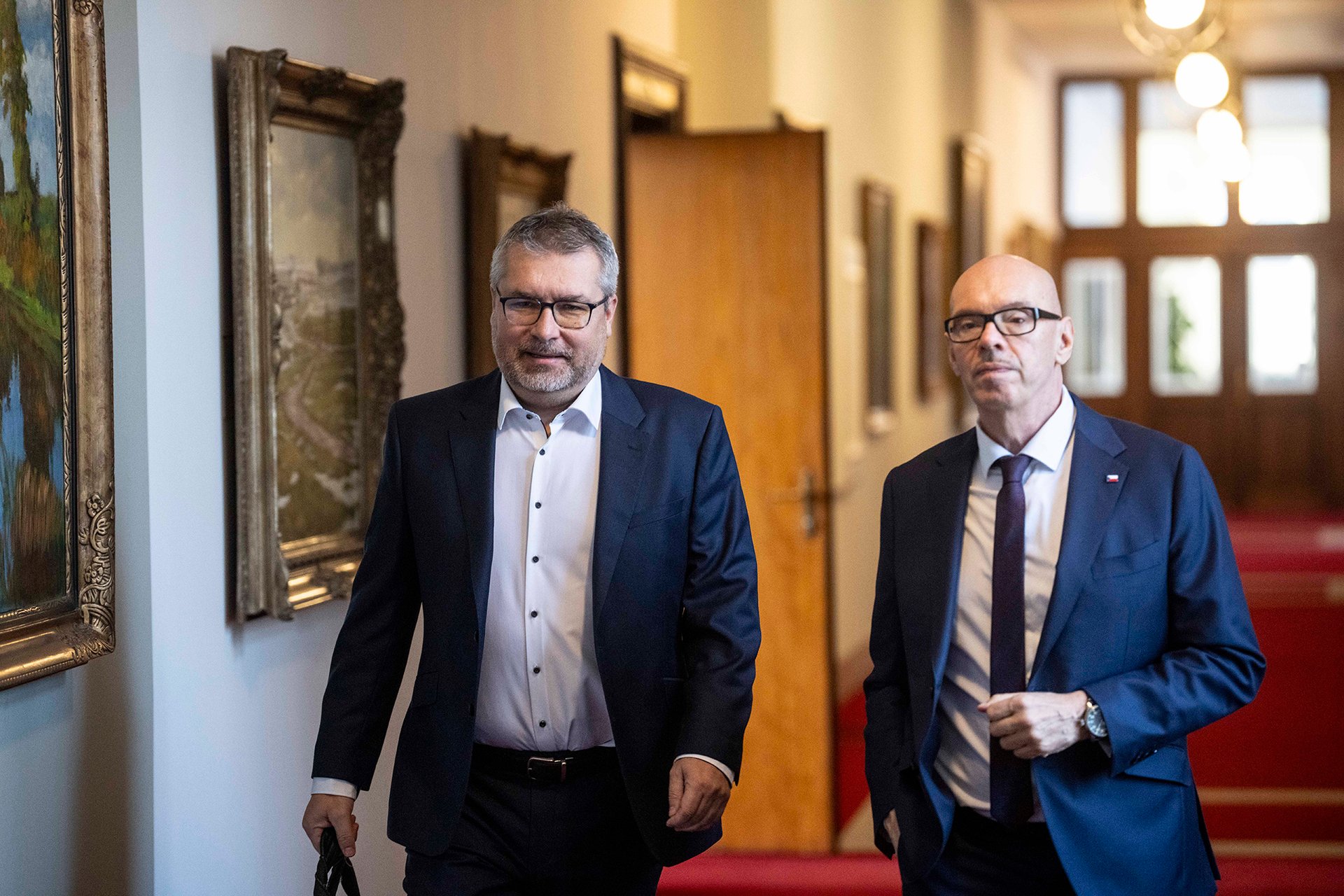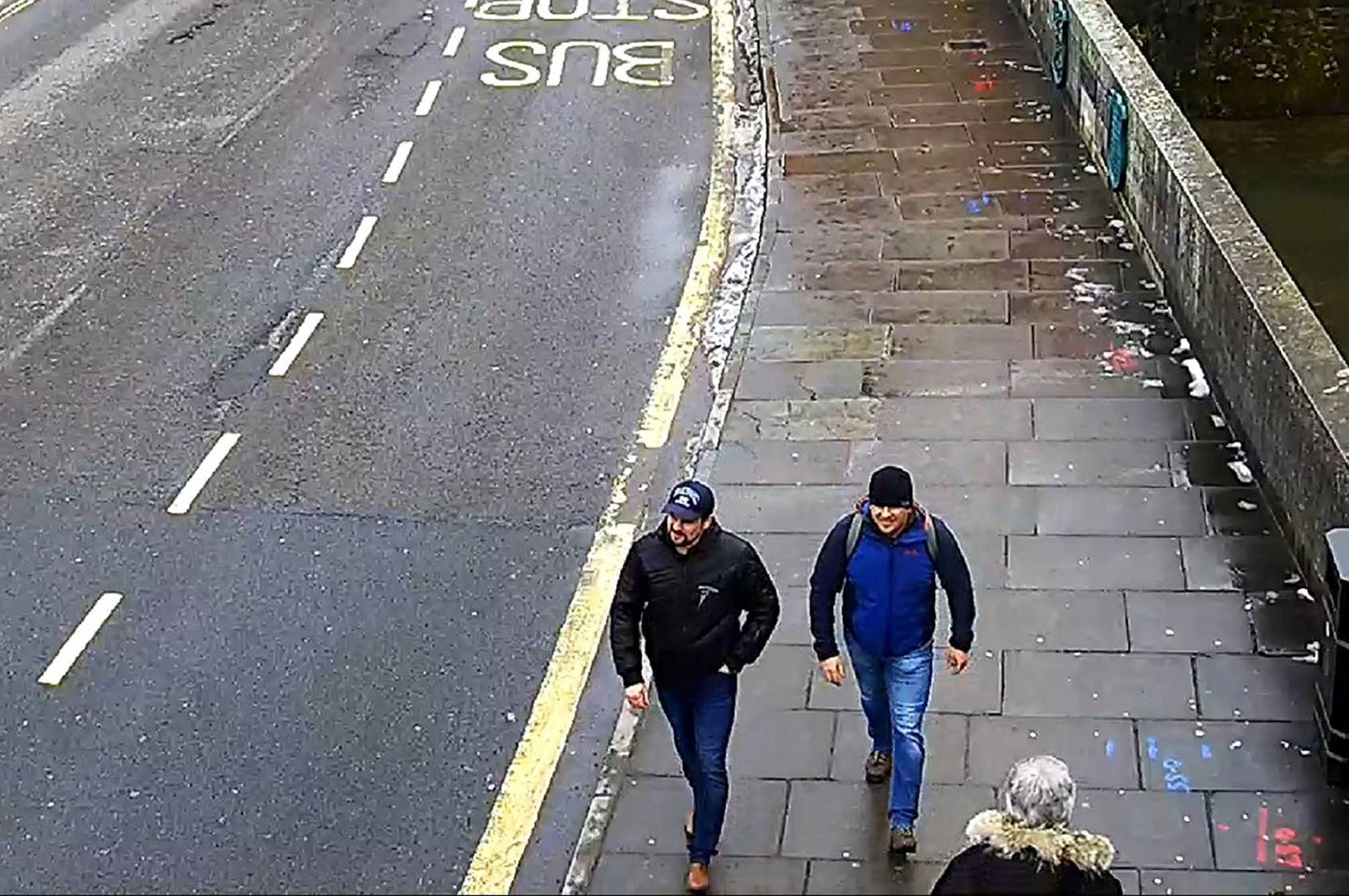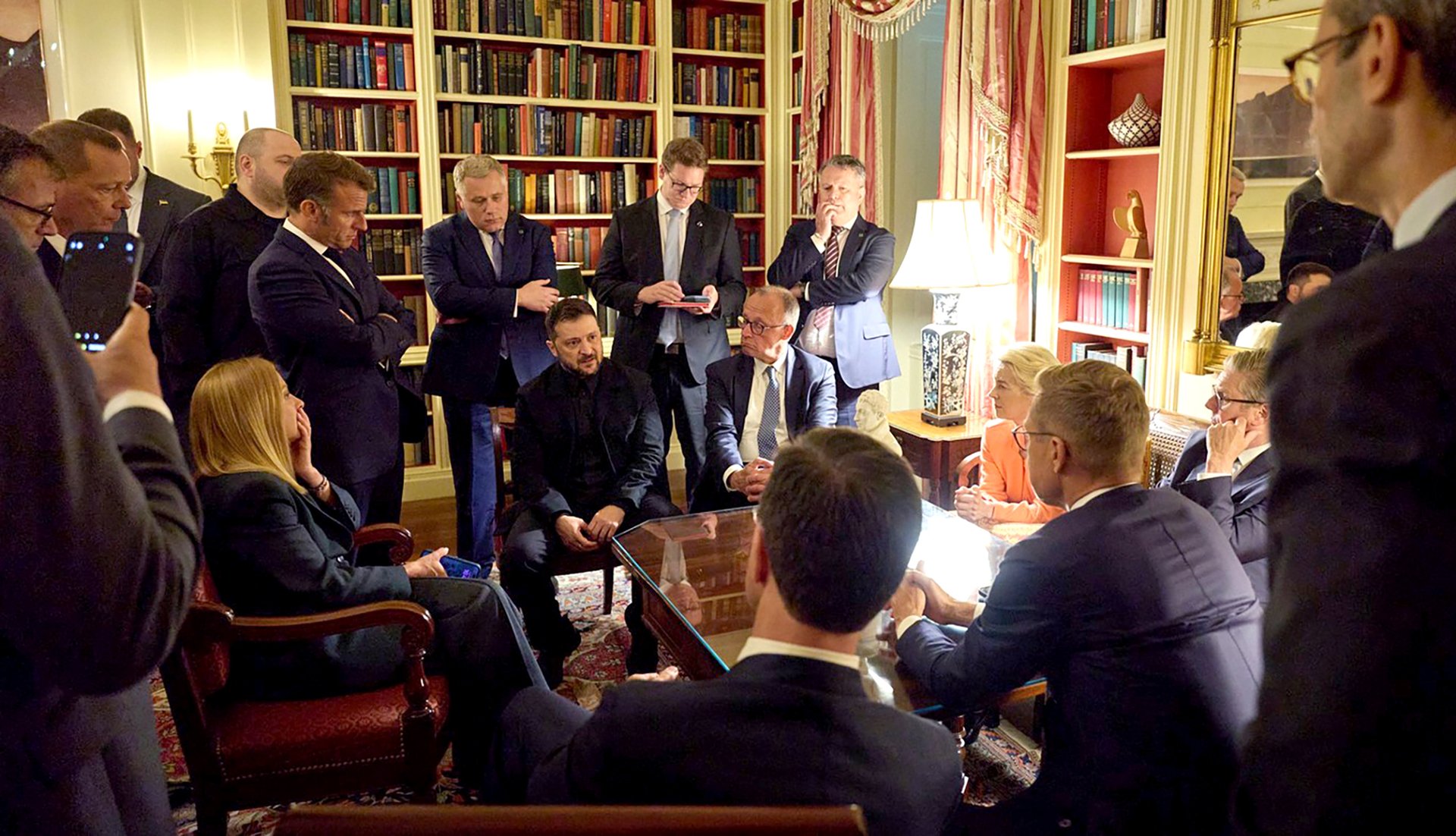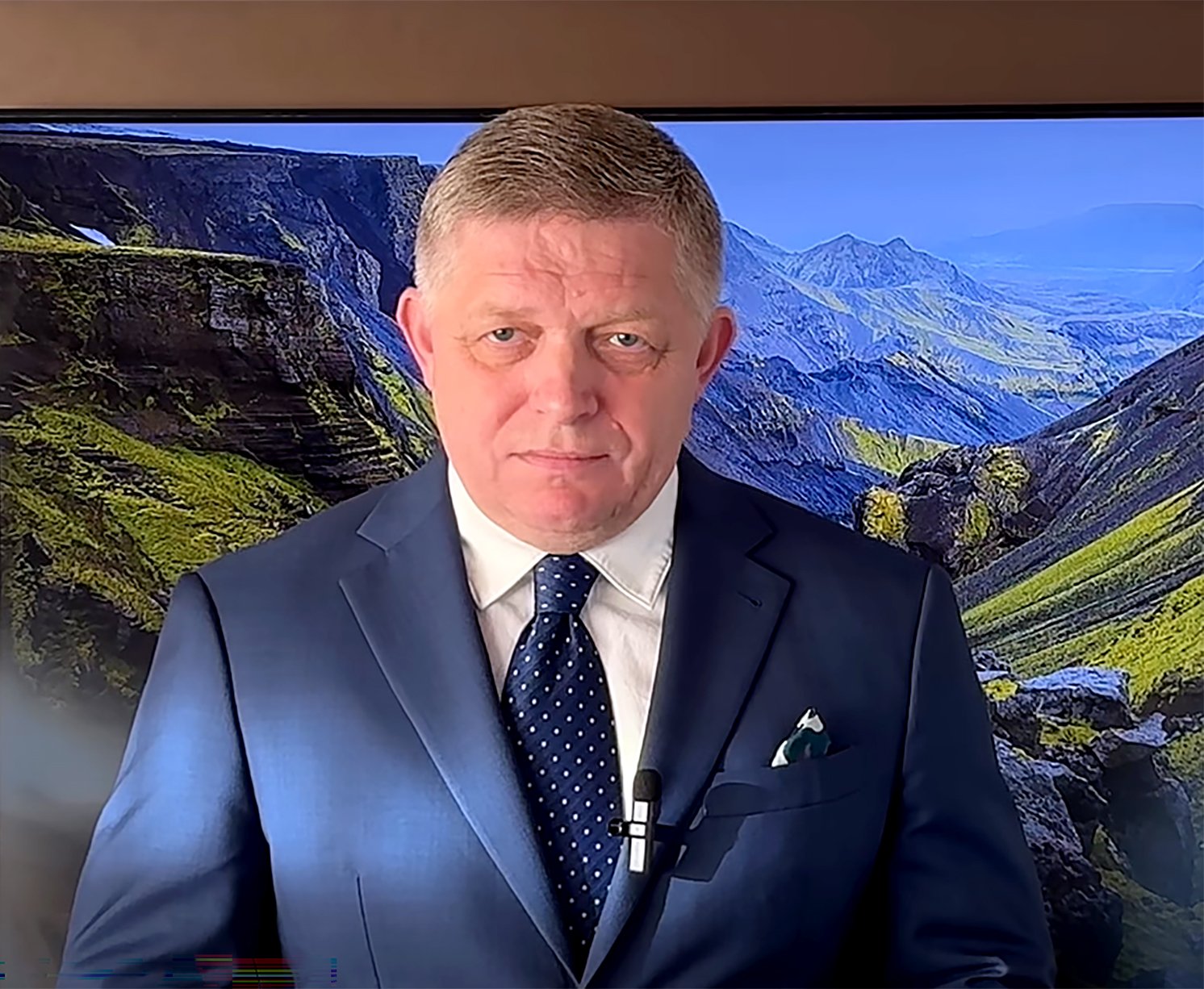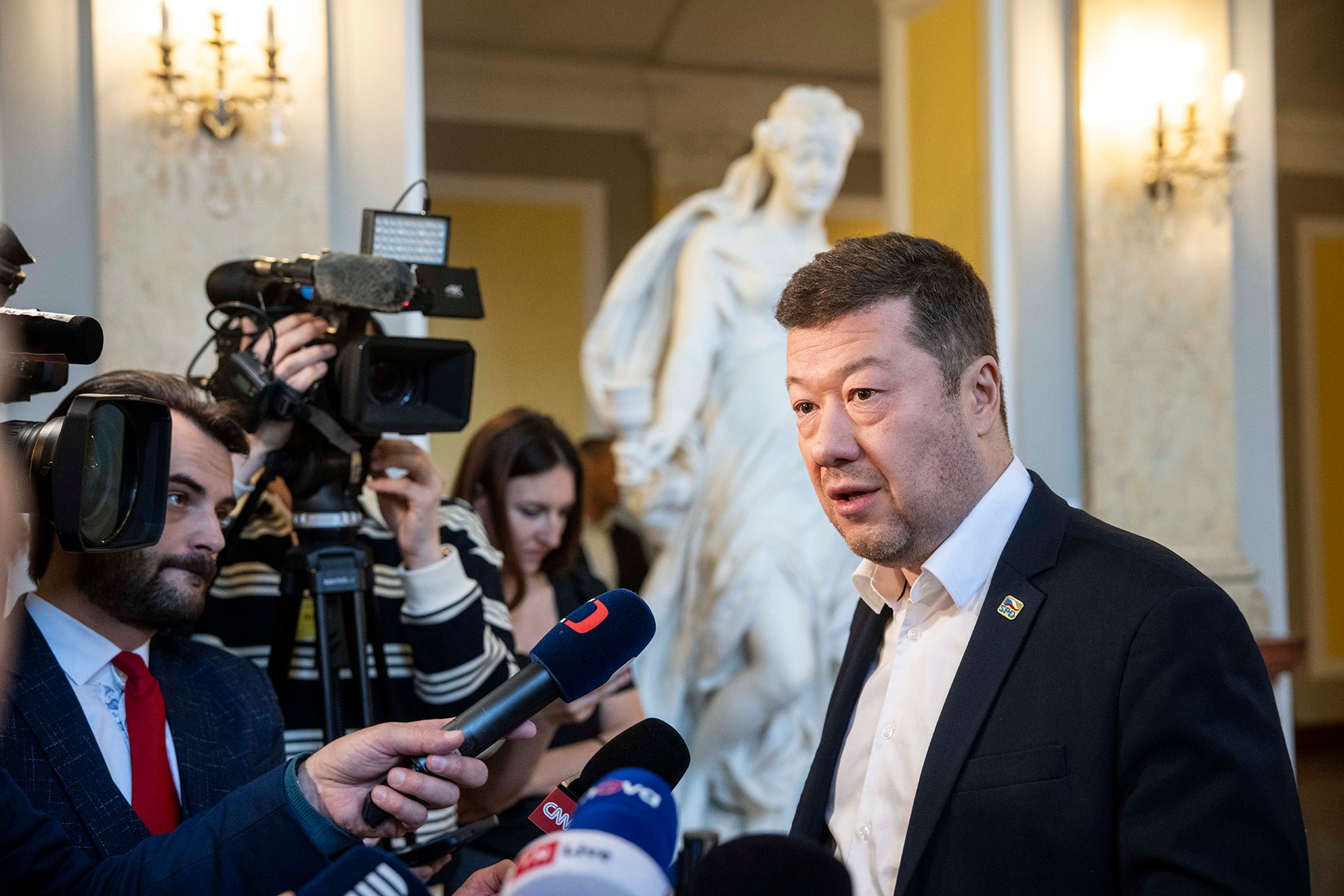Russia's debt a prime-time issue again
The minutes of Falkon Capital's supervisory board meeting on 18.12.2001 betray a number of shocking facts concerning the settlement of Russia's one hundred billion debt towards the Czech Republic. These documents, which Respekt has at its disposal, prove both prime minister Miloš Zeman and Falkon representatives liars.

The minutes of Falkon Capital's supervisory board meeting on 18.12.2001 betray a number of shocking facts concerning the settlement of Russia's one hundred billion debt towards the Czech Republic. These documents, which Respekt has at its disposal, prove both prime minister Miloš Zeman and Falkon representatives liars. The information contained in said minutes supports the view that the entire transaction is a matter of corruption and most likely dirty money laundering. The minutes also show that the deal between the Czech state and the Russian state is a deception of the creditors of the so-called Paris club to whom Russia owes more than one hundred thirty billion dollars.
The bitter truth
Falkon Capital played a mediator's role in the Czech-Russian deal of two sovereign states. According to its supervisory board members, Falkon bought a one hundred billion claim towards Russia from the Czech state for 538 million dollars. According to prime minister Miloš Zeman and Falkon's corporate director Jozef Čimbora, it was then a mere question of cleverness on the part of Falcon's professional collectors how many billions the company would be able to reclaim from Russia for their own benefit. „Falkon profits from the deal, because they buy electricity produced by the state-owned Russian enterprise RAO JES and export it to Turkey, on favourable conditions,“ explained prime minister Zeman the deal's background in September last year. His business partner Čimbora provided the magazine ‚Euro' with basically identical information last spring. „The money that Falkon is going to pay is clean, this much has been checked by the secret service,“ claims the Czechs' main debt mediator, deputy minister of finance Ladislav Zelinka. But last Friday, three days after 538 million dollars where released for budget purposes, intelligence had no clue as to how the money came into the Czech Republic. The Falkon documents show that the transaction took a course totally different from what Zeman had publicly affirmed.
Falkon's supervisory board has three members. The Russian Zeev Ofer, who moved to Israel in the eighties, Jaroslav Pacák, a policeman under the totalitarian regime who has worked at [the security and information service] BIS in the nineties as well as at the so-called Bašta examination board during the [anti-corruption] Clean Hands Programme, and Tomáš Chňoupek, the son of a long-term foreign minister during the Husák era. According to the minutes in Respekt's possession, the supervisory board assembled a week before Christmas to approve an agenda of five items.
Firstly: „The supervisory board approves the remittance of a part of the debt that the Russian Federation has towards Falkon Capital.“ As the second item of the agenda, the supervisory board gives its consent that Russia may „transfer the remaining part of the debt to the state enterprise RAO JES“. In order to be able to understand these sentences, one must call to mind a few facts. Although Russia had promised to pay the Czech Republic twenty-three percent of their one hundred billion liability via Falkon, the actual amount of money released into the funds of RAO JES was approximately fifty-two billion crowns. Of this amount, twenty-one billion were accounted for at the Czech treasury as paid receivable, and around thirty billion remained somewhere out there. Naturally, no one except the players themselves knows how much of this amount is „pardoned“ by Falkon - whether one billion or the entire thirty billion. Or maybe even the entire remaining eighty billion. Whatever the case may be, those minutes cast a new light on the ongoing speculations and inquiries - primarily the speculation why Russia should chose a company as mediator, after all, whose poor credibility and contacts to totalitarian and current secret services and the mafia have been discussed on heaps of paper. Falkon simply enabled the Russians to release money from their budget as if it was earmarked for the amortization for debts, while keeping it somewhere for uncontrollable usage, corruption, propaganda, and other necessities in the struggle for power. In return, the company was given the attractive opportunity to launder tens of billions of crowns that it may account for as received „installments“ from Russia, no matter what kind of money it actually is. How much, then, of the Russian debt has Falkon really cancelled? „Your questions can only be answered by the corporate director,“ replies supervisory board member Jaroslav Pacák. „I won't discuss anything at all with you,“ reacts the company's boss Jozef Čimbora.

The Paris connection
The other three items on the agenda concerned bills of exchange. The supervisory board „approved the performance of corporate liabilities by ways of endorsing bills of exchange issued by RAO JES“. Immediately thereafter, the three supervisory board members approved the sale of the bills of exchange. The final item on the agenda was the „set-off of mutual claims held by the Falkon Capital proxy and AKB Eurofinance in the amount of 537 million dollars, whereas Falkon acts as mandatory representative ". For the ordinary man, this is totally unintelligible. But experts do not orientate themselves too easily in this matter either, since they lack the basic information who trades bills with whom for how much. "The insider's term for it is promissory rides. You cannot fully decipher them,“ confirm Pavel Makovec, banker at Epic, and lawyer Tomáš Sokol unisono. „It is obvious that [with this transaction] the debt is paid and that Falkon as the mandatory representative has not invested any money. But just who paid the debt cannot be concluded from the material. We can only say that the debt was paid with the revenue from selling certain bills of exchange,“ adds Makovec.
„Pardon me? Bills of exchange? AKB Eurofinance? Surely never heard of this,“ says intelligence chief František Bublan. „Whether we screened AKB Eurofinance? Who are they? Why should we?“ says Josef Holub, deputy officer of the Service for the detection of corruption. These two gentlemen from the very state security units that, according to the government, had checked the correctness of the deal thus unwittingly confess that they haven't got the slightest clue on just how the transactions between the Czech and the Russian government and the companies RAO JES and Falkon, respectively, were performed. They most certainly cannot rule out, then, the suspicion that dirty money has been laundered.
AKB Eurofinance is one of Russia's largest banks. Experts are convinced that the supervisory board material confirms this bank to have been the financing agent of the transaction. While remaining in the background. The Czech police merely knows that the money from Falcon traveled via Eurofinance's branch in Paris and then „from some American bank to Deutsche Bank“ and finally to the target account at the Czech National Bank. „Why were the funds not transferred directly from Russia, but had to pass through several banks? I have no idea,“ says negotiator Zelinka. „You know, I am not interested in Russian rackets and schemes. That is their business. For me, it is essential that here we have twenty billion and that the department of financial analyses which reports to me states this money is not dirty.“
The whole affair has yet another - international - dimension. In compliance with international agreements, Russia is obliged to pay its debts primarily to the Paris club of creditors. Moscow owes billions of dollars to the member states. „The club does not remit parts of Russia's debts. Neither do we assign claims to private entities. We negotiate solely on government level. The Russians undertook to abide by these conditions,“ says Delphine D' Amat from the club's secretariat. „The transaction performed by the Czech state is somewhat non-standard“," she adds. In a nutshell: the Czech government entered a deal with an extremely suspicious company on extremely suspicious conditions and got twenty billion for their pre-electoral budget in return. In addition, they deceived a number of our Western European allies and EU partners in complicity with the Russians. „Whether it was worth it? I won't comment on this,“ says deputy minister and architect of the deal Ladislav Zelinka.
Pokud jste v článku našli chybu, napište nám prosím na [email protected].


